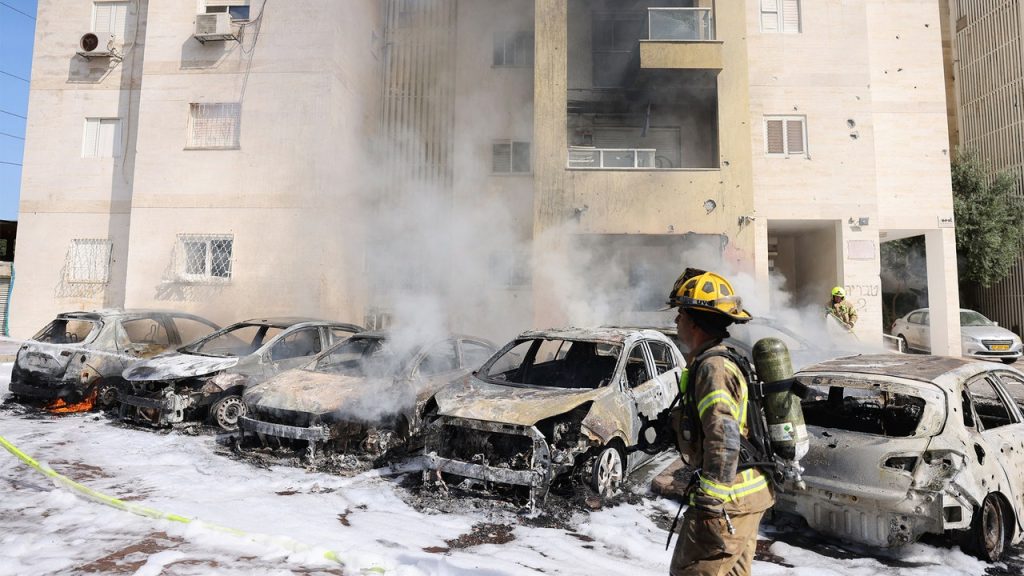Speaking with the Los Angeles Times, Alex O’Keefe, who wrote on season one of The Bear, said, “The WGA doesn’t have a standing army and the concern of our union should be helping rebuild our careers and protecting our free speech.”
Last Friday, some 75 writers joined a Zoom to discuss their disappointment with the WGA’s decision not to issue a statement. “Right now, I don’t feel like the guild represents me,” says Guggenheim, who attended the Zoom meeting. He plans to withhold his dues “until such time that I feel like the guild has my back.”
Wyatt Earp screenwriter Dan Gordon went a step further, announcing Tuesday that he will leave the union after 56 years, becoming a non-voting “financial core” non-member. “I am resigning my membership not because I wish to work on non union projects nor cross any picket lines, but because I no longer wish to be a fellow traveller with those who hide behind the fetid veil of a morally bankrupt wokeism and stand silent in the face of unadulterated evil,” he wrote in his resignation letter, which was published by Variety.
Gordon, who spent much of his childhood in Israel and served in the Israeli army, tells Vanity Fair that he shared the news of his resignation with multiple news outlets, “because if they are not going to give voice to a condemnation, then I want there to be at least one writer on record who does in a very public fashion.”
Three leaders of the WGA West—including president Meredith Stiehm—reportedly emailed members that same day to acknowledge that their “decision not to issue a statement on the events of October 7th has caused pain within our membership that we did not intend.” They said they had felt that commenting on the attack was “outside the purview of a U.S. labor union.” The email ended with a condemnation of the attack. “All of us in Guild leadership are horrified by the atrocities committed by Hamas on October 7th,” they wrote. “The murder of so many innocent people in Israel is an abomination. We deeply mourn the deaths of innocent Palestinians ensnared in the violence in Gaza. We feel for all our members who have been affected, directly and indirectly.”
The WGA East reportedly emailed its members one day earlier that it would not be making a statement because journalists have joined the ranks alongside screenwriters, explaining that “such statements hindered journalist members’ work and divided rather than united us.” A representative for WGA East did not respond to a request for comment.
Some Jewish members of the WGA point out that the guild promptly spoke out in support of other causes, including Black Lives Matter and the #MeToo movement. “The silence itself is a statement and the silence itself is a choice,” Guggenheim says. “It’s hurtful.”
Schkolnick says he wants to feel supported by his union during an otherwise terrifying time. “There’s a ton of antisemitism around the world right now, and that really pushes a lot of buttons for Jewish people,” he says. “A lot of us grew up in the shadow of the Holocaust. Even if we weren’t directly affected, there was always a fear that it could start up again, that you’re never really safe as a Jew.”
WGA West members are scrutinizing the message sent to members. Guggenheim says the furor has not calmed down, adding that he will continue to withhold his dues until they “make a sincere apology.” Gordon calls the statement “cowardly” and asks why they did not call for the release of hostages. He doesn’t expect that others will follow him in leaving the union, but says that’s okay. “I have heard from a lot of people who said, ‘You gave voice to what I was feeling and thinking,’” he says. “It sort of let the pressure out of the pressure cooker.”
